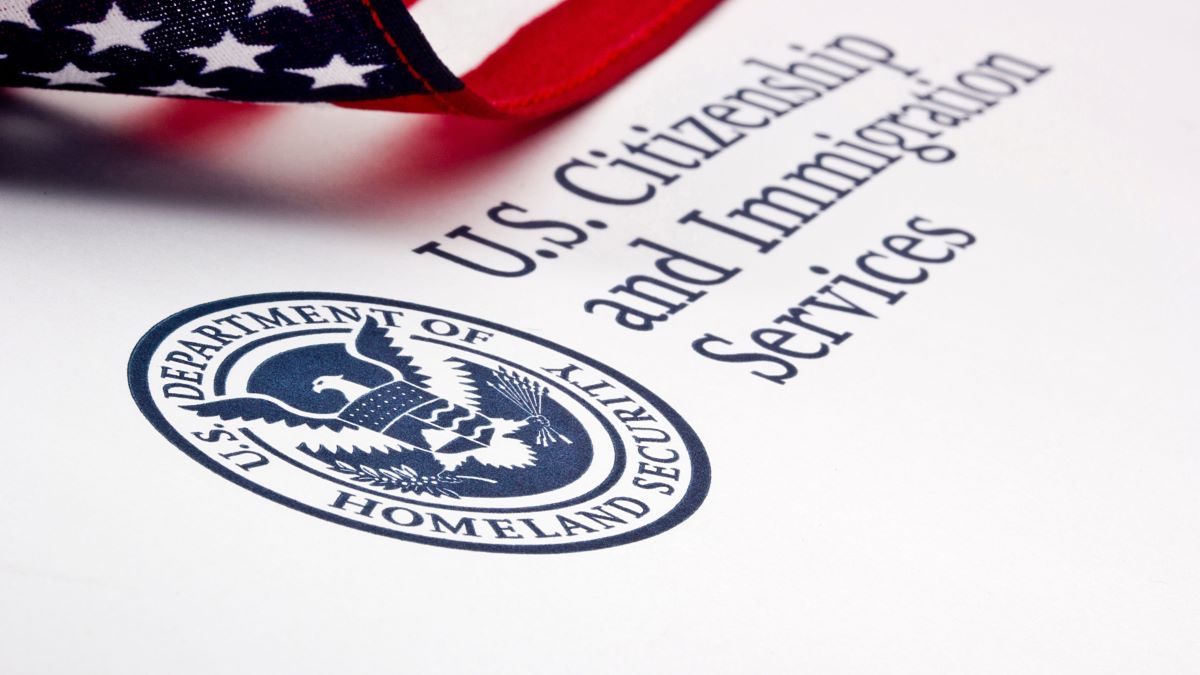The U.S. Citizenship and Immigration Services (USCIS) revealed a finalized rule detailing an adjustment in filing fees for Form I-907, Request for Premium Processing, in response to inflation, effective February 26, 2024.
The move follows the guidelines set forth by the USCIS Stabilization Act, which empowers the Department of Homeland Security (DHS) to biennially revise premium fees.
USCIS announced a final rule increasing the filing fee for Form I-907, Request for Premium Processing. The fee change will go into effect on Feb. 26, 2024. We will reject any Form I-907 postmarked on or after Feb. 26, 2024 with the incorrect filing fee. https://t.co/29A1dVDUSL
— USCIS (@USCIS) December 27, 2023
What is Premium Processing?
Premium processing is an optional service offered by USCIS that allows applicants to expedite the adjudication of certain forms. By paying an additional fee, applicants can typically receive a decision on their case within 15 calendar days, rather than the standard processing times which can range from several months to over a year.
Fee Adjustments and Utilization of Revenue
The filing fee for Form I-129, used for Nonimmigrant Worker Petitions, will see an increase from $1,500 to $1,685 for H-2B and R-1 visas. Additionally, the fee for all other eligible categories, such as H-1B, L-1, and O-1, will rise from $2,500 to $2,805.
For Form I-140, the Immigrant Worker Petition, the filing fee will be adjusted from $2,500 to $2,805 across all employment-based categories. This includes classifications like E11, E12, E21 (non-NIW), E31, E32, EW3, E13, and E21 (NIW).
Form I-539, utilized for Change/Extend Nonimmigrant Status, will experience an increase from $1,750 to $1,965 for certain classifications. This includes F-1, M-1, J-1, H-4, and other specified categories.
Similarly, the filing fee for Form I-765, the Employment Authorization application, will be raised from $1,500 to $1,685 for certain F-1 student categories, specifically those falling under classifications C03A, C03B, and C03C.
Adjusted Fees Table:
| Form | Previous Fee | New Fee |
|---|---|---|
| Form I-129 (H-2B or R-1 nonimmigrant status) | $1,500 | $1,685 |
| Form I-129 (All other classifications) | $2,500 | $2,805 |
| Form I-140 (EB classifications) | $2,500 | $2,805 |
| Form I-539 (Various classifications) | $1,750 | $1,965 |
| Form I-765 (Certain F-1 students) | $1,500 | $1,685 |
The generated revenue will be allocated to enhance premium processing services, improve adjudication processes, address backlogs in benefit request processing, and support USCIS adjudication and naturalization services.
Effective Date and Fee Rejection Policy
The fee changes will take effect on February 26, 2024. Any Form I-907 received with an incorrect filing fee postmarked on or after this date will be rejected, and the filing fee will be returned. For commercial courier submissions, the postmark date will be based on the courier receipt.
How will the fee change affect applicants?
While the fee increase may be a consideration for some applicants, it’s important to remember that premium processing can offer significant benefits for those who need quicker decisions.
This is especially relevant for individuals seeking employment opportunities, urgent medical care, or reunification with family members.
Conclusion
Applicants are advised to take note of these adjustments and ensure compliance with the new fee structure when submitting their forms. USCIS emphasizes that any Form I-907 postmarked on or after February 26, 2024, with an incorrect filing fee will be rejected, and the filing fee will be returned.
This policy applies to both regular mail and filings sent via commercial courier services, with the postmark date determined by the courier receipt. For further information and updates, individuals are encouraged to visit the USCIS website.
Follow and connect with us on Facebook, Twitter, LinkedIn, Instagram and Google News for the latest travel news and updates!





